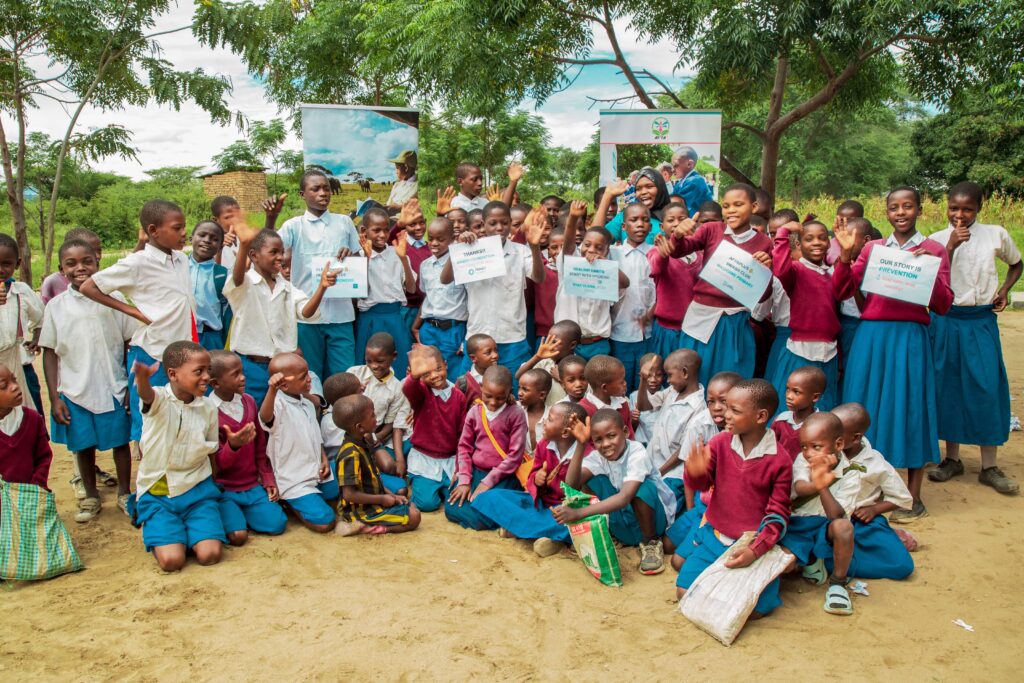SWASH PROJECT IN MBARALI
In November 2024, Afyaplus, in collaboration with Nawiri Foundation, launched a project aimed at enhancing Water, Sanitation, and Hygiene (WASH) infrastructure across four schools in Miyombweni Ward, located in Mbarali District of the Mbeya Region. The beneficiary schools—Magigiwe Primary School, Mapogoro B Primary School, Mlungu Primary School, and Msangaji Mpya Primary School—were identified through a baseline assessment conducted by the Afyaplus team, which revealed critical gaps in access to clean water and adequate sanitation facilities. These challenges have directly impacted students’ health, safety, and overall well-being.
To address these issues, the project will prioritize comprehensive WASH interventions. At Magigiwe Primary School, the project will rehabilitate existing toilet facilities, construct girls’ changing rooms to support menstrual hygiene management, build an incinerator for the safe disposal of sanitary waste, install two handwashing stations, and set up a water tower equipped with 10,000-liter storage tanks. Additionally, the remaining three schools will benefit from the installation of 5,000-liter water storage tanks to ensure reliable access to clean water.
This initiative underscores the commitment of Afyaplus and Nawiri Foundation to create safer, healthier, and more inclusive learning environments for school children, with a special focus on promoting dignity, hygiene, and gender-sensitive infrastructure.
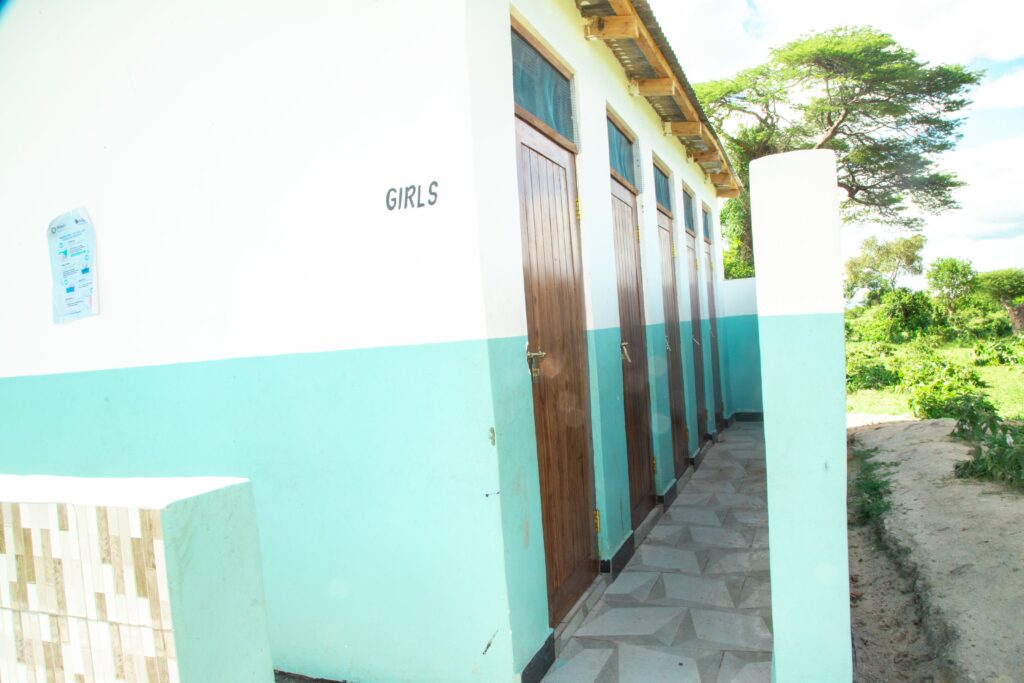
Main Objective:
To improve access to safe water, sanitation, and hygiene (WASH) services in four primary schools in Miyombweni Ward, Mbarali District, by rehabilitating and constructing essential WASH infrastructure that promotes student health, hygiene, and inclusive learning environments.
Project Activities
1. Rehabilitation of Toilets at Magigiwe Primary School
This activity involves refurbishing the existing toilet facilities at Magigiwe Primary School to ensure they are hygienic, safe, and inclusive for all students, including those with disabilities. The rehabilitation will focus on improving overall functionality and dignity by installing proper flooring, ensuring adequate lighting, providing privacy with doors that lock securely, and making water available inside the toilet units. These upgrades aim to create a clean, safe, and user-friendly environment that supports students’ health, well-being, and school attendance.
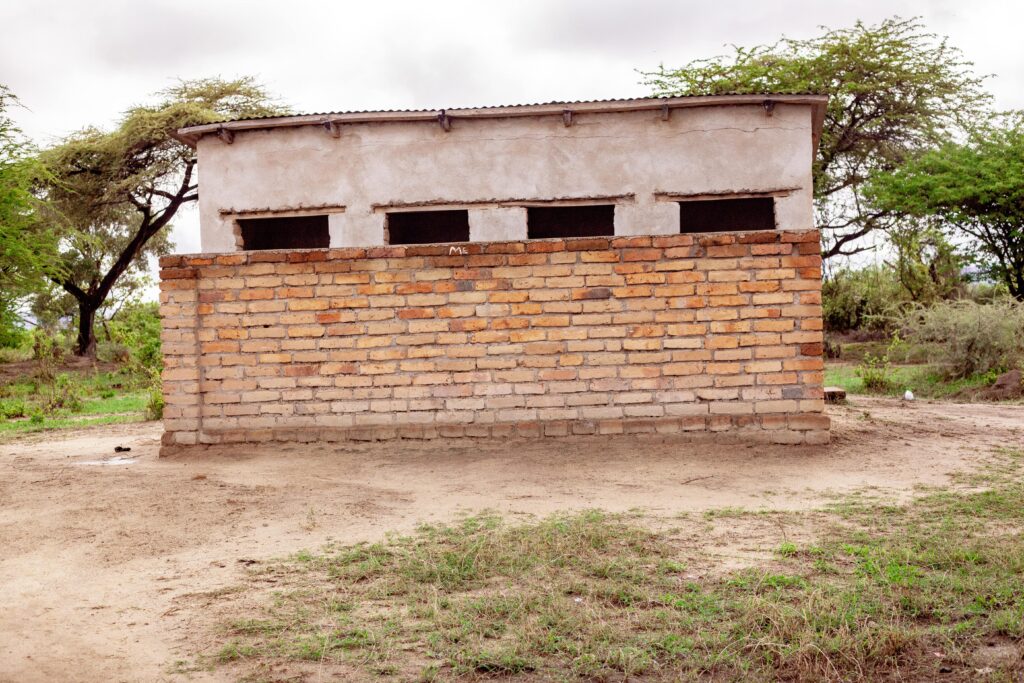
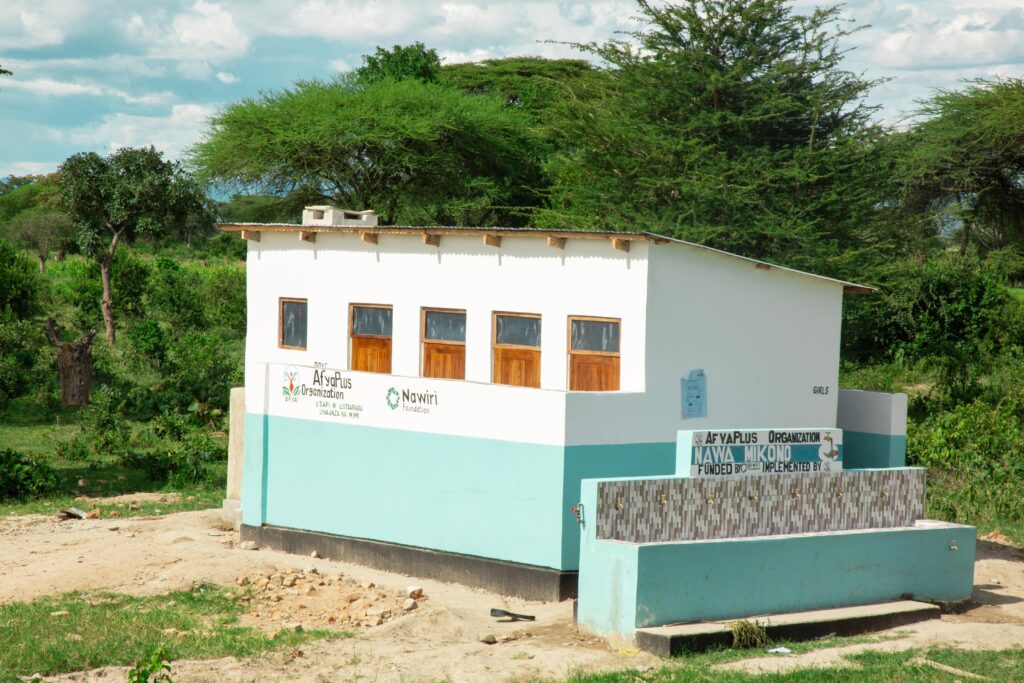
Situation before
Situation After

2. Construction of Changing Rooms for Girls
This activity involves constructing private, safe, and well-equipped changing rooms specifically designed to support Adolescent girls in managing their menstrual hygiene with dignity. The rooms will be furnished with essential facilities such as running water, soap, hooks for hanging clothes, and sanitary bins for proper waste disposal. These changing spaces will provide girls with a secure and comfortable environment during their menstrual cycle, reducing embarrassment and stigma.
3. Installation of Handwashing Stations
Installing two durable handwashing stations equipped with multiple taps to promote regular hand hygiene among students. These stations will be strategically placed near toilet blocks and dining areas to ensure easy access. The design will allow several users to wash hands simultaneously, helping to instill good hygiene habits, reduce the spread of communicable diseases, and improve the overall health and school attendance of pupils. This initiative also supports behavior change and creates a cleaner, safer school environment.

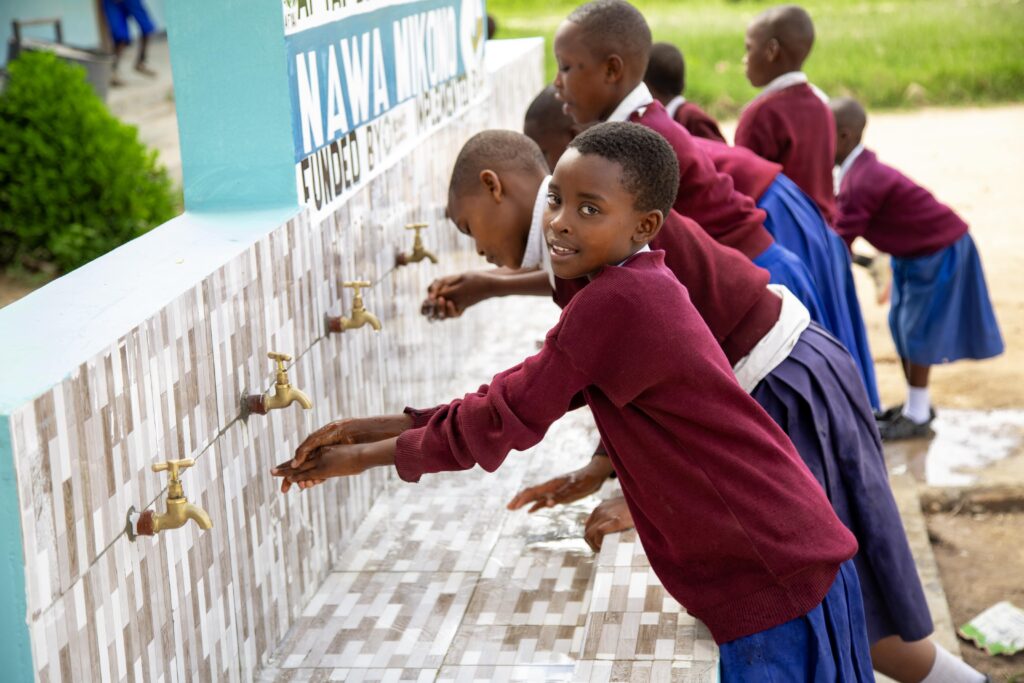
4. Construction of a Sanitary Pad Incinerator
Building an environmentally friendly and easy-to-use incinerator to ensure the safe, discreet, and hygienic disposal of used sanitary pads. This will help manage menstrual waste effectively, reduce health risks, and maintain a clean school environment. The initiative also supports menstrual hygiene management efforts, promotes dignity for adolescent girls, and reduces absenteeism linked to inadequate sanitation facilities.

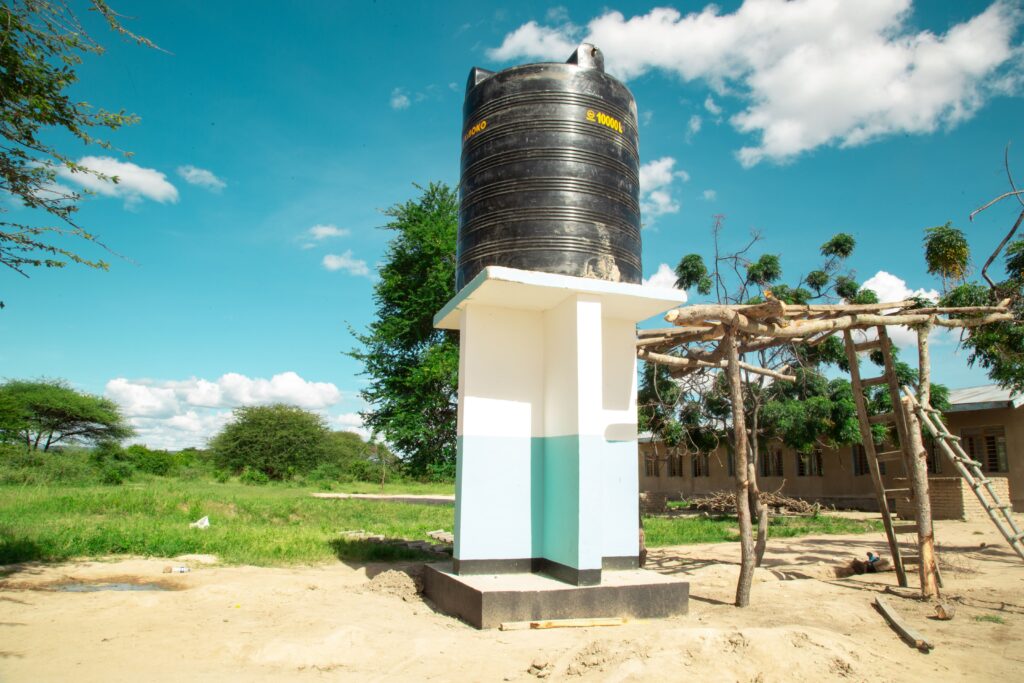
5. Construction of a Water Tower with 10,000-Liter Storage Tanks
Setting up a sustainable and elevated water storage system at Magigiwe Primary School to ensure a consistent and reliable supply of clean water for drinking, handwashing, cleaning, and sanitation needs. This initiative aims to reduce water scarcity, enhance school hygiene standards, and create a safer, healthier learning environment for all students and staff.
6. Installation of 5,000‑Liter Water Storage Tanks in Three Schools
Equipping Mapogoro B, Mlungu, and Msangaji Mpya Primary Schools with robust, high‑capacity 5,000‑liter water storage tanks to improve access to clean water for daily school use, support handwashing and sanitation facilities, and ensure an uninterrupted water supply for students and staff.
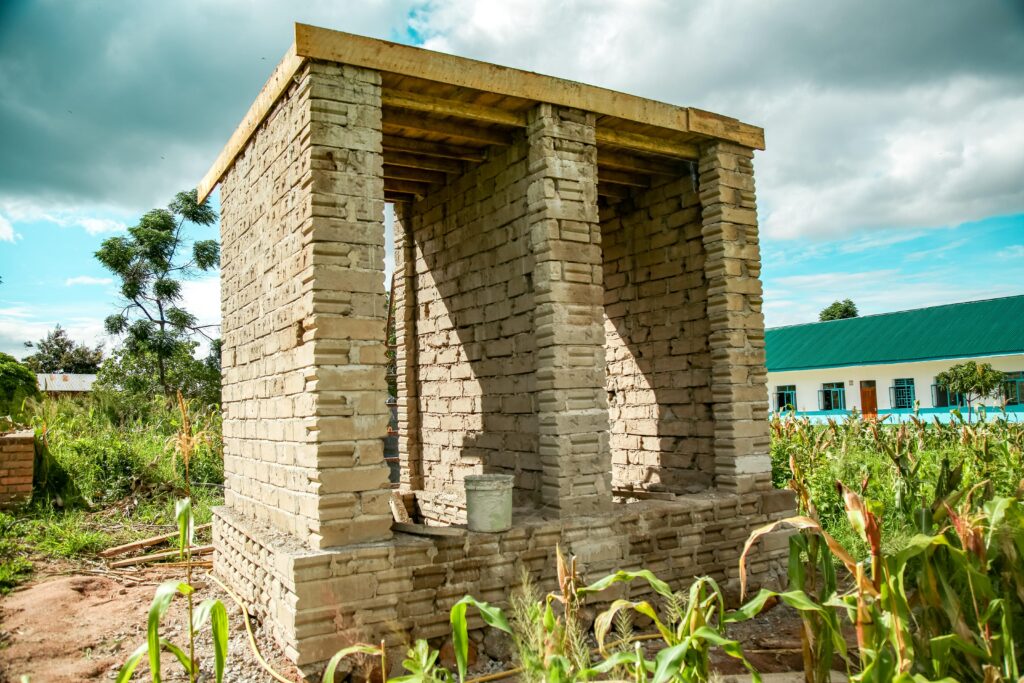
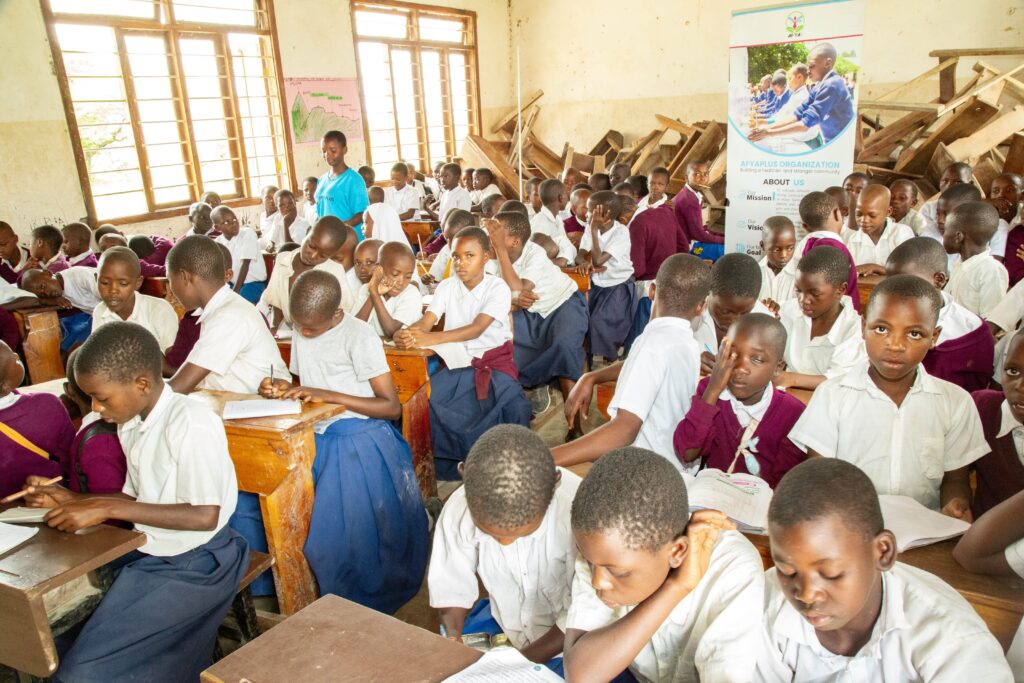
7. SWASH Club Sessions for Pupils
Facilitating dynamic, student‑led SWASH Club sessions that combine interactive workshops, hands‑on demonstrations, games, and peer‑to‑peer discussions to cover key WASH topics—personal hygiene practices (handwashing and nail care), menstrual health management, environmental cleanliness, and safe water handling. These regular meetings also include distribution of hygiene kits, teacher‑guided projects (such as campus clean‑ups and water testing), and ongoing mentorship by club champions, empowering pupils with knowledge, practical skills, and leadership opportunities to drive lasting behavior change within their schools and communities.
8. Establishment of SWASH Clubs at Magigiwe Primary School
Launching SWASH Clubs at Magigiwe Primary School by training student leaders and teacher-mentors to champion hygiene and facility maintenance. Clubs receive teaching materials, monitoring tools, and activity kits for campus clean-ups, handwashing demonstrations, and awareness campaigns. Collaborating with school leadership and the PTA ensures sustained support and budgeting. Tracking attendance and behavior changes will guide quarterly reviews. This peer-led initiative fosters ownership, promotes healthy practices, and enhances WASH infrastructure reliability.
